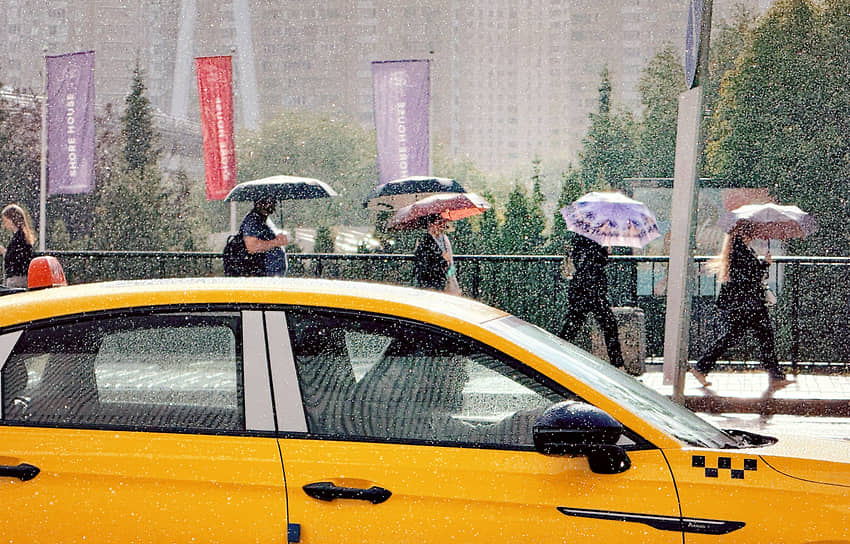Why It’s Become Harder to Book a Taxi from Moscow to the Suburbs
Getting a taxi from Moscow to the surrounding region has become more difficult. Passengers are facing challenges when trying to book rides to and from nearby suburbs. A popular aggregator’s app often doesn’t work without Wi-Fi, and even if a taxi is successfully booked, the driver might miss the pickup location and then ask the passenger to rebook.
Currently, it’s faster to call a taxi by phone when leaving towns like Shchyolkovo, Odintsovo, or Balashikha. Local residents shared the issues they’ve encountered.
“I often face situations where the internet cuts out. Recently, we booked a ‘comfort+’ taxi, and the driver got upset about the two-hour drive to the suburbs, asking us to cancel because he was struggling with navigation. The app often shows a 25-30 minute wait time. We end up using local services by calling directly, without the app. It’s not very comfortable since the cars don’t even have taxi markings.”
“I just tried booking a taxi, and the app keeps searching for a car without any updates—even though the price dropped over an hour. It’s like Schrödinger’s service: it exists and doesn’t at the same time.”
“The app glitched: it defaulted to cash payment instead of my card, which was a bad surprise since I didn’t have cash. Without internet, I couldn’t transfer money. The driver got nervous, thinking we were trying to avoid paying. The ride was very unpleasant. Luckily, we caught Wi-Fi near home and paid him, or it would’ve turned into a fight.”
Last year, the average taxi wait time in Moscow was 4 minutes, with an average trip duration of 23 minutes for 13 km, according to transport department data. Drivers avoid longer trips, as explained by the head of the Moscow Taxi Drivers’ Union. “Rates for these trips are often too low—they only cover one way. For example, a late-night ride from the city center might pay more, but the driver returns empty. In places like Balashikha, getting a reasonably priced fare is hard, so drivers end up taking short, low-paying trips, which isn’t profitable.”
Aggregators have their own system: refusing a trip deducts points, affecting options like pickup visibility and priority. To avoid penalties, drivers ignore such requests. Passengers aren’t charged until the ride ends—any hold on funds is released if the trip is canceled.
Many drivers believe aggregators avoid raising suburban fares (e.g., from 2,000 to 3,500-4,000 rubles) to maintain demand. Higher prices could reduce ridership and their profits. They rely on new drivers accepting these unprofitable trips instead.
The market for taxi services in Moscow and the surrounding region includes around 200,000 vehicles, serving 1.73 million passengers last year.






